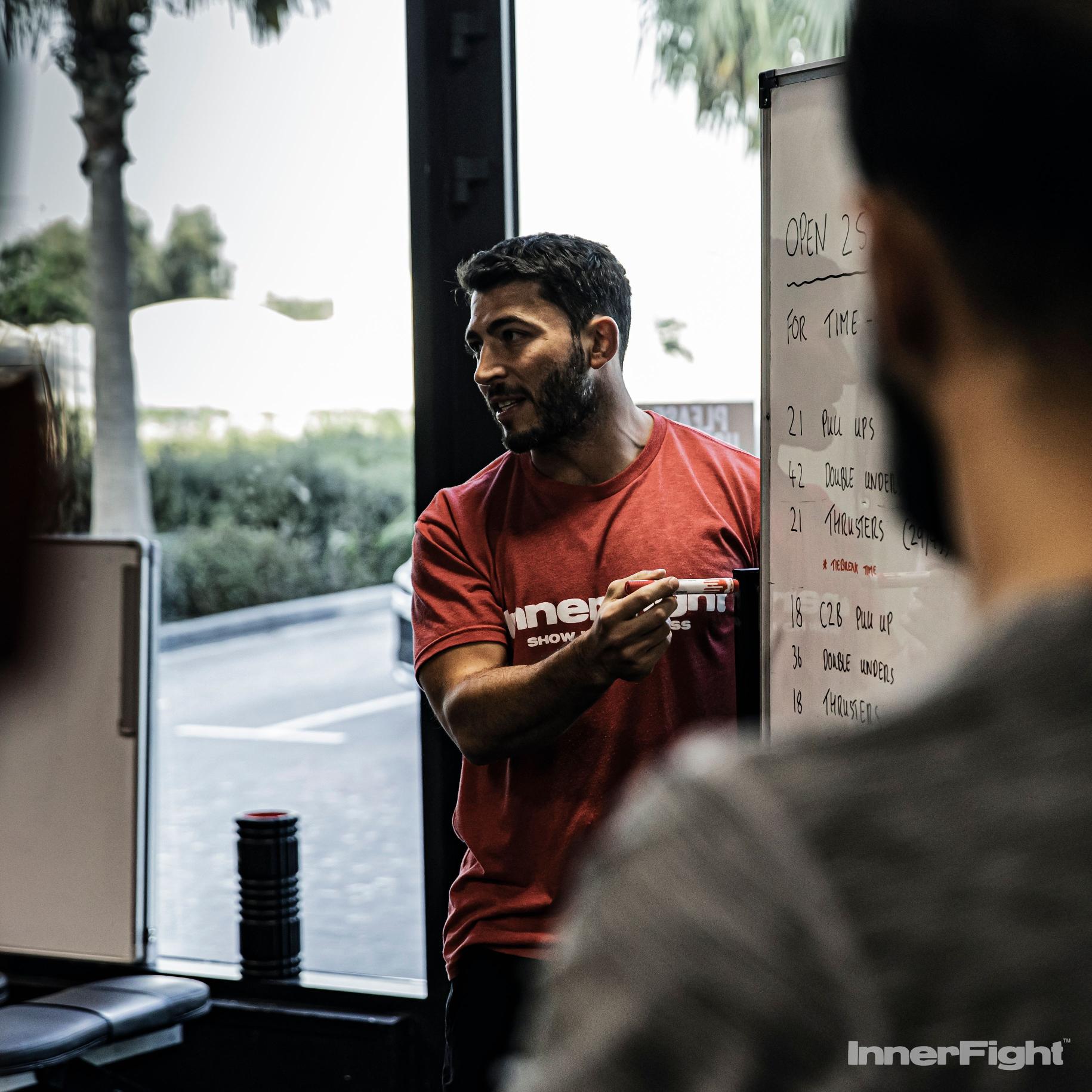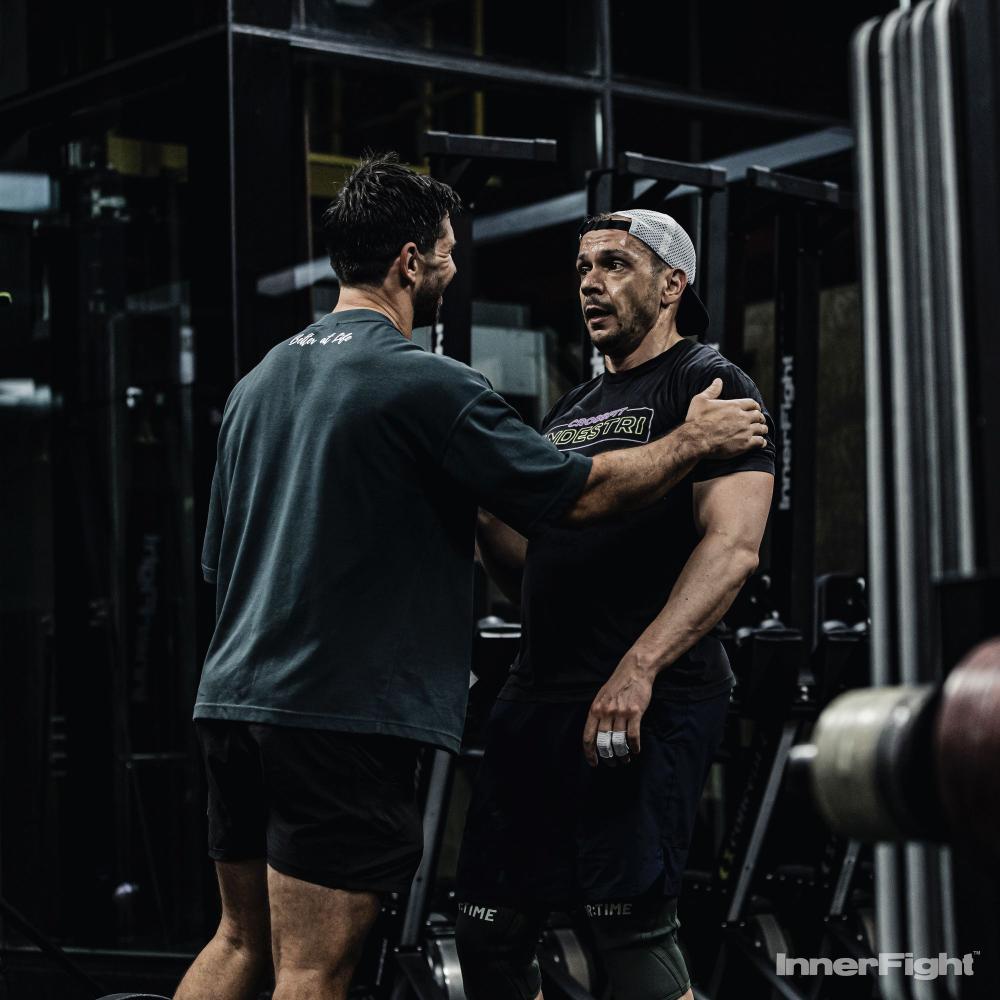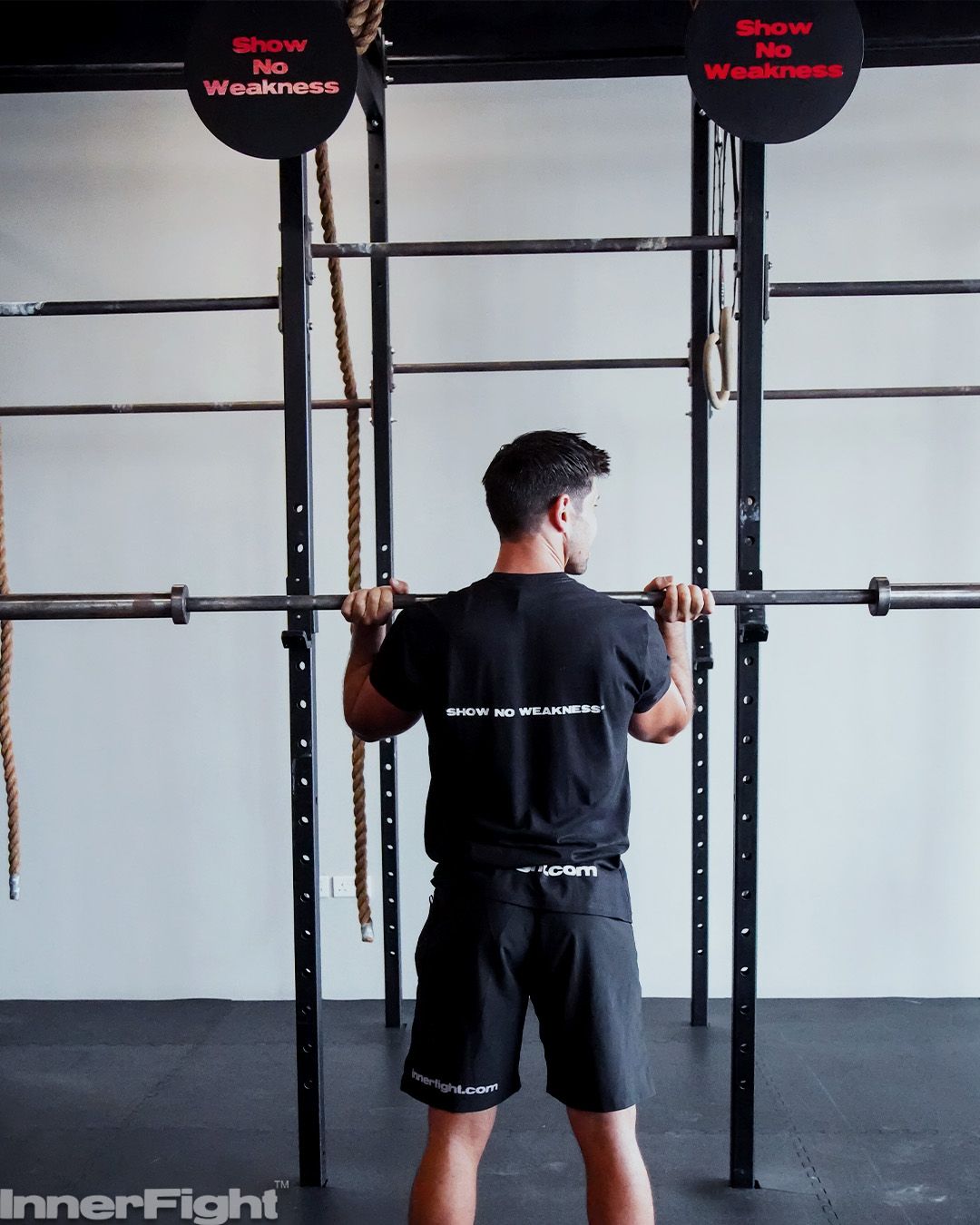My First Power Meter
%2520(1).avif)
Power meters, they’ve been around for a while and have pretty much revolutionised the way cycle training is monitored and structured. They are arguably, the most reliable form of monitoring physiological progress, providing immediate feedback during sessions and identifying strengths or weaknesses.
As cycling has become progressively more mainstream and technology has become smarter and more accessible, you’ll often find people training and racing with a power meter. Power meters enable you to ride to your specific level and accurately monitor your progress. So whether your goal is to smash ‘Jeff’ up a hill, improve your race performance or simply get faster, you will be able to get there in a more data driven and focused way.
So how do power meters affect the way we train? I thought I would use myself as an example and show you how my training progressed to the next level.
The Stone Age
So when I started cycling I was using Heart rate and RPE (rate perceived exertion) to quantify my training and efforts, I didn’t have a power meter so that’s the best I could do. But riding to HR and RPE in Northumberland is pretty difficult as there are a lot of hills and being competitive in nature I found it difficult to ‘cruise up’’ them. The measure of my progress was purely on race results and comparing times up the same hill. There are a few issues with this, mainly that I was at the mercy of confounding variables such as wind, temperature, time of day, traffic ect. Race results are reliant not only on physical prowess but race tactics and execution are a huge factor therefore attributing success to training is difficult.
Hello Power!
On getting a new job in London, my role enabled me to start training indoors and more specifically training to power. I knew all about training to power through studying applied sport science in university and continued to keep up to date with the latest science. Now I had access to it. Firstly though, I had to get used to it.
I got all my training zones from a functional threshold power test (FTP). This is a nasty little test that takes skill to execute. Initially my test data was all over the place, but I wasn’t disheartened as I knew it was just a case of learning how to execute the test for a fair reflection of my fitness. Once I had an accurate FTP result, I was able to set specific goals and targets. The quality work was predominantly done indoors using data from the power meters, but I still used HR driven training during longer, outdoor rides or with social clubs. By combining my training I was able to make sure that I found the balance between training and remembering why I ride in the first place.
How did my training change?
In a word, focus. Training to power, especially indoors, brings focus to every ride. Every training session has a purpose and I was able to check back and answer ‘Did I accomplish the objective of this session?’. Another thing power training brings is relating a wattage or output to an RPE or sensations of a ride. By putting a number to those sensations, when I took away the data, I was left with a far more reliable and relatable internal gauge of stress. Lastly is recovery, indoor and power based sessions are more intense, there isn’t ‘dead space’ or easy pedaling, this means they are far more taxing. So I started paying a lot more attention to my recovery. Stretching, nutrition and cool downs are brought into sharp focus, because if you get these things wrong, there's a risk of slipping into an overtrained mess.
How was my performance?
In terms of performance, I improved so much. My power went up as it was properly applied and stressed, my pedalling efficiency improved, my left to right balance and power distribution during pedaling evened out. Ultimately, I felt so much more in control of my progress which was shown in race results. Upon returning to old the familiar hills of Northumberland, without intending to, I would rip through my previous records with ease. In terms of time scale, we’re not talking years here, but mere months. Just a short time spent with focused power training gave significant results.
Are you tempted?
Are you interested in getting a power meter or have you just got one and don’t know where to start? My advice is give yourself a week of ‘playing’ around, firstly, ride as hard as you can for 5 minutes and see how many watts you put out. Pedal at an easy pace where you can hold a conversation and relate that to your wattage, this helps you to start associating numbers to sensations. Next do an FTP test and set some goals based on your results. Finally watch your numbers soar.
Your goal can be FTP related or simply smashing your favourite strava section. It’s important to make sure you’re working towards something. Without structure and proper application of the numbers, you’ll get to watch your fitness decline or stay the same. Power meters are great tools, if used properly. If not, you might as well take it off.
Thanks for taking the time to read this. If you have any questions, about power meters or training to power, feel free to drop me an email.





.avif)


.jpg)
.avif)

.jpg)
